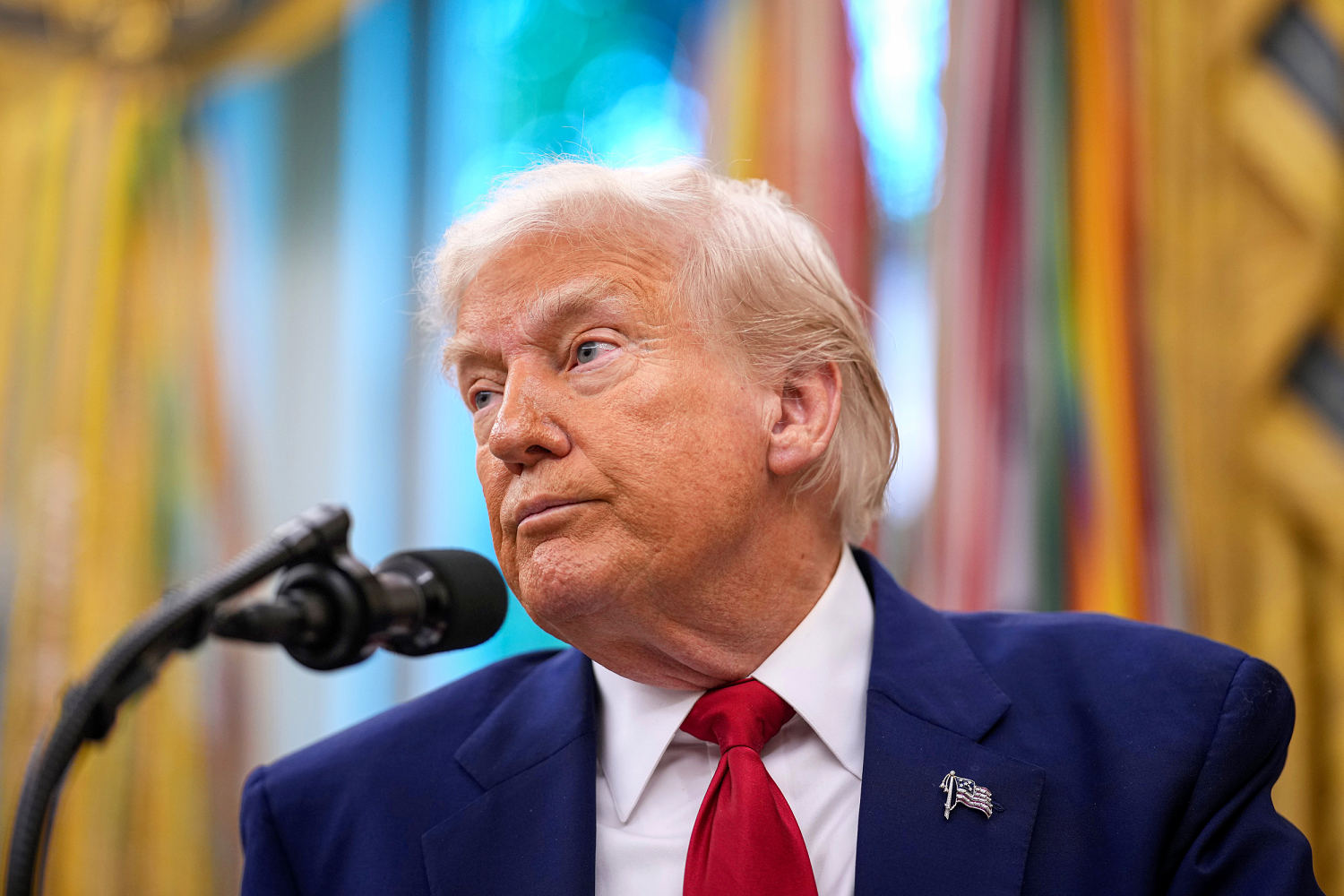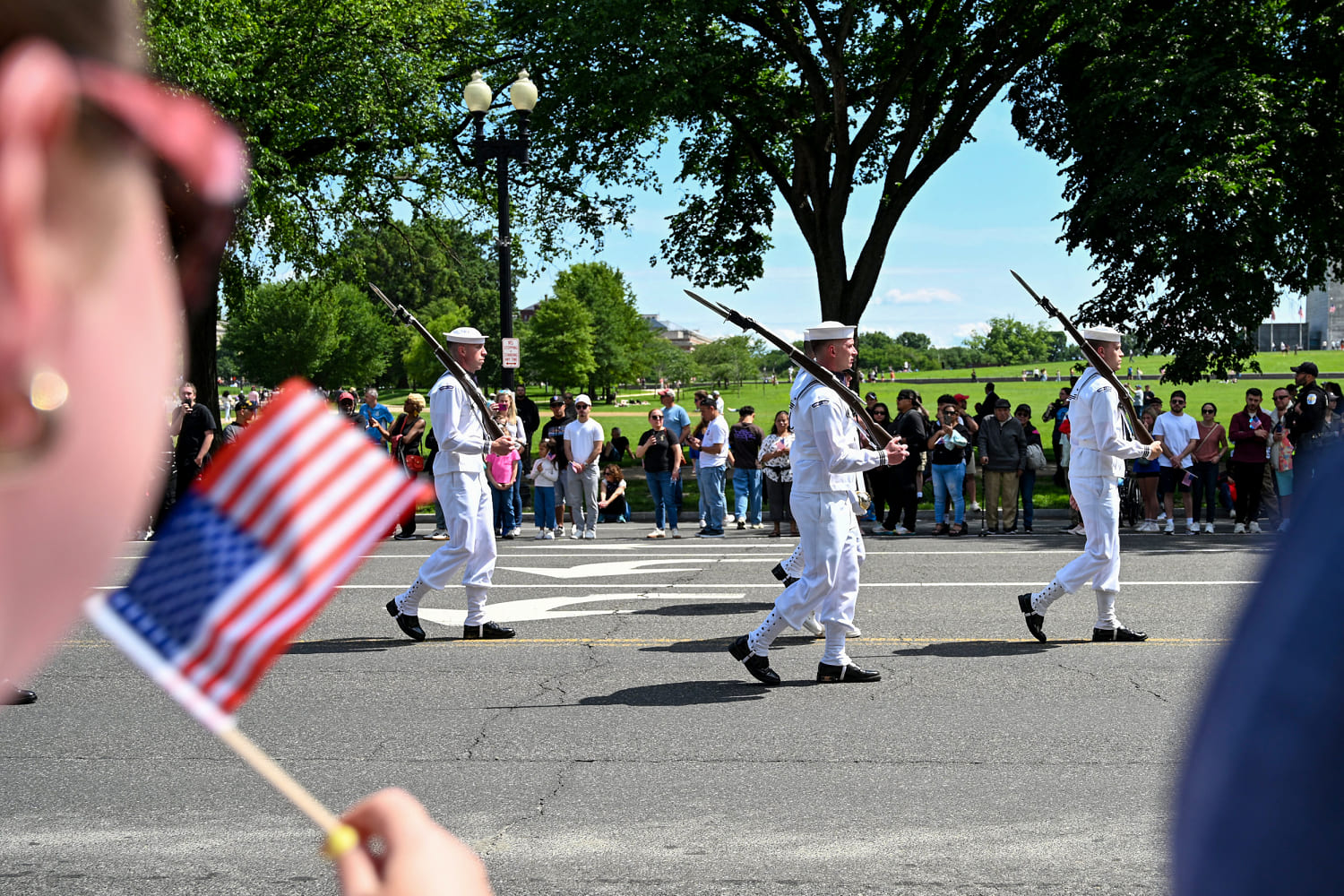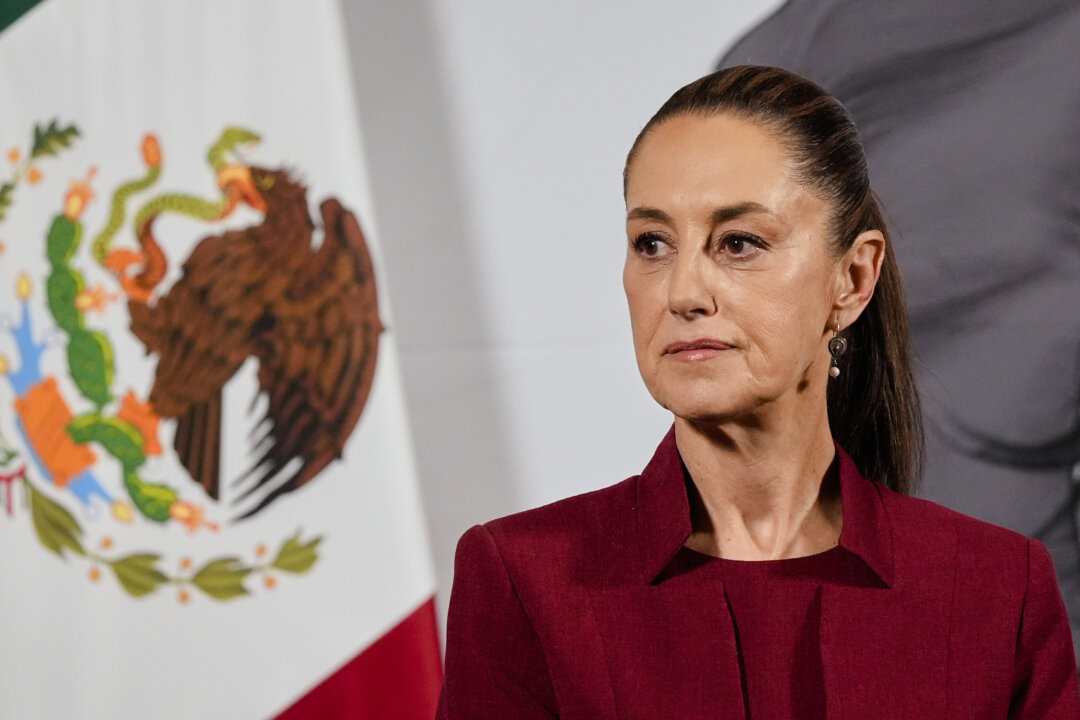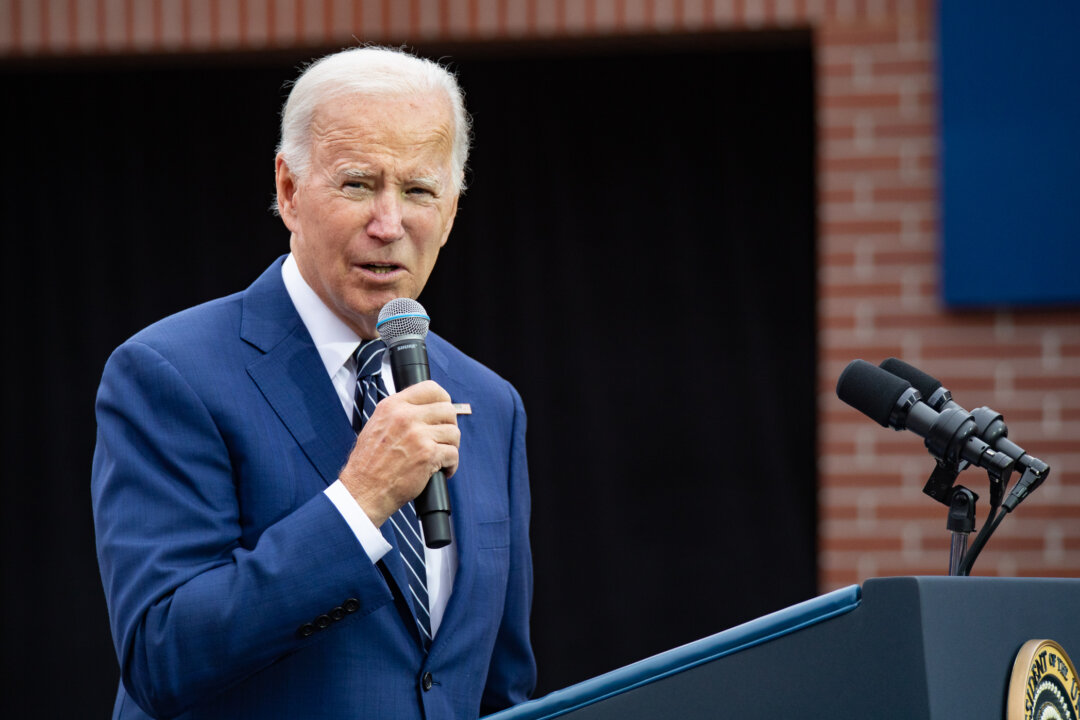Harvard University’s lawsuit against the Department of Homeland Security for moving to ban foreign students at the Ivy League school could be on a fast track to the Supreme Court, reviving a longstanding debate over when justices should recuse themselves from cases.
Four Supreme Court justices attended Harvard. While being an alumnus of a university involved in litigation does not typically warrant recusal from a case, other factors, such as deeper involvement with a school, could change matters.
Professor James Sample, a constitutional law professor at Hofstra University, told Fox News Digital recusals from every case involving universities justices attended or were linked to would be "untenable," but recusals could be appropriate in certain circumstances.
A recusal is "entirely subjectively applied by the justice in his or her own case, and, rightly or wrongly — and I'm among those who have criticized the practice — the practice on the Supreme Court is that only the justice in his or her own case, and no one else, makes that determination," Sample said.
JUDGE TEMPORARILY PAUSES TRUMP MOVE TO CANCEL HARVARD STUDENT VISA POLICY AFTER LAWSUIT
Justices Neil Gorsuch and Elena Kagan attended Harvard Law School. Chief Justice John Roberts and Justice Ketanji Brown Jackson attended Harvard for both their undergraduate and law degrees. Kagan served as dean of Harvard Law School.
Ed Whelan, a legal scholar who clerked for the late Justice Antonin Scalia, told Fox News Digital the fact that a justice "went to Harvard or loved University of Alabama football is never going to be a reason for recusal."
Jackson’s ties to Harvard run perhaps the deepest though. The justice, an appointee of former President Joe Biden, served a six-year term on the Harvard Board of Overseers through 2022, and one of her daughters is a student there and preparing to graduate next year.
Whether Jackson should recuse herself from Harvard litigation that comes before the high court can, "legally speaking," only be determined by her, Sample said, pointing to the open-ended language in the statute governing judicial recusal.
TRUMP ADMIN ASKING FEDERAL AGENCIES TO CANCEL REMAINING HARVARD CONTRACTS
Harvard’s latest lawsuit, filed Friday in Massachusetts, alleges the Trump administration’s decision to ban international students at Harvard by stripping them of their visas is unconstitutional. Harvard's attorneys made an emergency request for a restraining order, and Judge Allison Dale Burroughs, an appointee of former President Barack Obama, granted the order within hours.
The order brought the DHS’s visa operation against Harvard to a temporary halt and opened the door for the government to turn to higher courts for relief, meaning it could be on an expedited path to the Supreme Court.
In 2023, Jackson recused herself from Students for Fair Admissions v. President and Fellows of Harvard College, a landmark affirmative action case, while the three other justices affiliated with Harvard did not.
Some legal experts have said that in that instance it was necessary for Jackson to recuse because her tenure on the board, a governing body at the university, was current when the case hit the high court's docket. But Harvard’s new cases could be a different story.
"The specificity of the particular nexus that connects the justice to the specific interest at stake in litigation, as that gets more specific, as that nexus gets closer and closer, the potential for an appearance of conflict increases," Sample told Fox News Digital.
TRUMP SAYS HARVARD'S FOREIGN STUDENTS ARE FROM COUNTRIES PAYING 'NOTHING' FOR THEIR EDUCATION
Harvard's visa case is one of two lawsuits the school has brought against the Trump administration this year. In the second, brought in April, Harvard alleged the Trump administration improperly froze grant money and contracts totaling more than $2 billion. That case is moving at a slower pace than the visa lawsuit.
Justice Amy Coney Barrett’s decision to recuse herslef in an unrelated case recently made headlines after the high court issued a deadlocked decision, 4-4, leaving in place a block on the creation of a religious charter school in Oklahoma. If Barrett had weighed in, the case could have had the far-reaching effect of allowing or banning public funding for religious schools across the country.
Barrett did not explain why she recused herself, and judges are not required to. The Associated Press reported that the justice is close friends with law professor Nicole Garnett, who was connected to the case.
Last week, because of recusals, the Supreme Court declined to take up Baker v. Coates, a copyright case involving plagiarism allegations against activist Ta-Nehisi Coates. The high court noted in an order list that five justices opted not to take part in the case and that it therefore lacked a quorum to consider it. The nonpartisan group Fix the Court speculated that four of the five recused themselves because they had published or plan to publish books with Penguin Random House, whose parent company was named in the suit.
Democrats repeatedly urged conservative Justice Clarence Thomas to recuse himself from Trump’s 2020 election subversion case because of Thomas’ wife’s work attempting to reverse the results of the election in favor of Trump, but the justice ignored those calls.
Gorsuch attended Columbia University, another school under fire from the Trump administration and involved in litigation, but he likely would not step away from cases brought by the school solely because he went there.
.png)
 1 day ago
7
1 day ago
7















 English (US)
English (US)